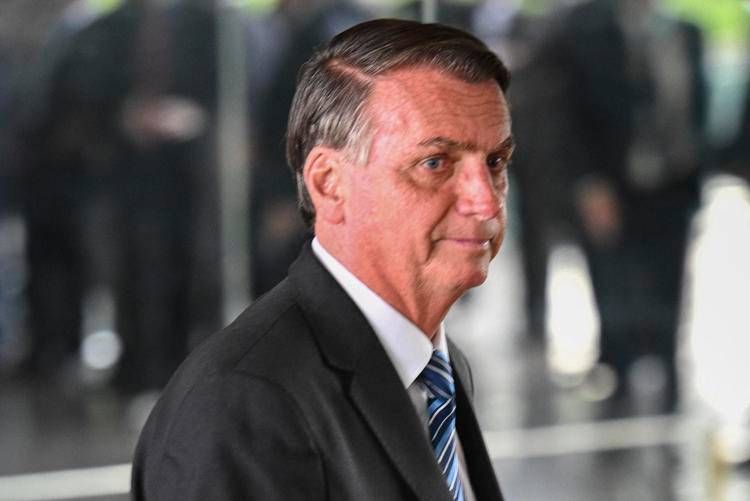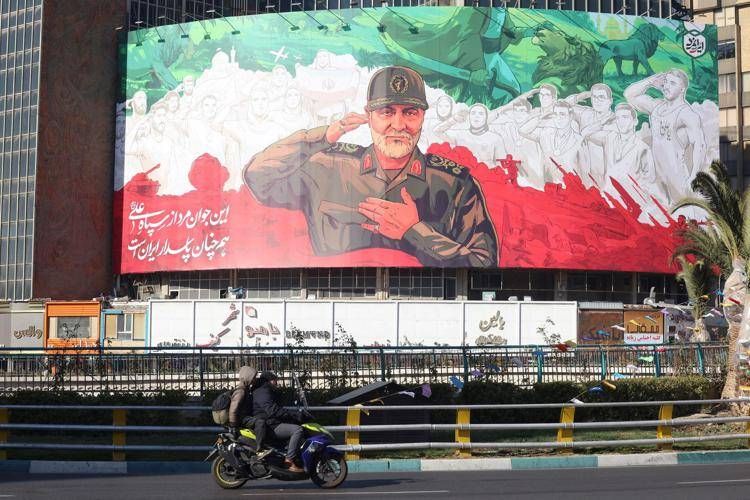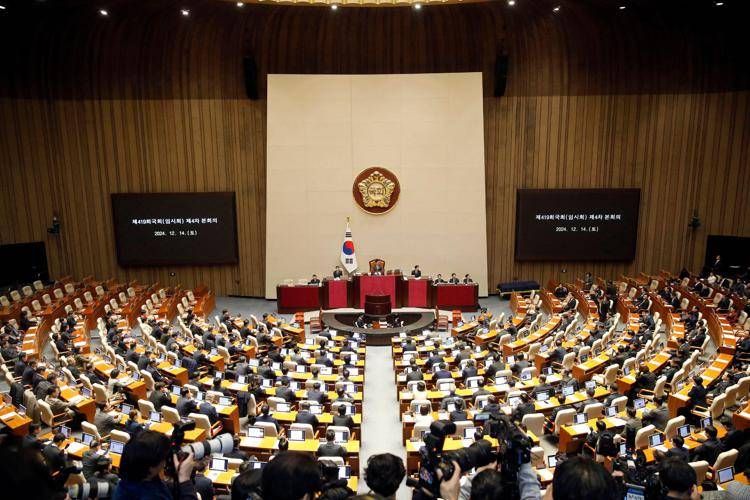
South Korea: Impeachment for President Yoon Suk Yeol approved
-


Attacco Usa in Nigeria contro l’Isis, Trump: “Risposta al massacro di cristiani” VIDEO
-


Frana a Cormons: disperso un giovane e un’anziana sotto le macerie VIDEO
-


Tifone Fung-Wong colpisce le Filippine: un milione di evacuati VIDEO LIVE
-


Cargo Ups precipita in Kentucky: sette morti e diversi feriti VIDEO
The South Korean parliament voted in favour of impeaching President Yoon Suk Yeol as thousands of protesters took to the streets of Seoul. Yoon Suk Yeol steps down, but appeals for national unity
South Korea’s parliament today, 14 December, adopted the motion impeaching President Yoon Suk Yeol following the 3 December attempt to impose martial law in the country. The motion was passed with 204 votes in favour, while 85 MPs voted against. Three MPs abstained and eight ballots were void. This vote comes after days of political and social tensions that saw growing opposition to Yoon’s leadership, particularly over the handling of the internal crisis that led to the proposed martial law.
Protests in the Square: The People are Divided
Thousands of people took to the streets in Seoul today to protest against the president. In front of the National Assembly building, demonstrators demanded the immediate resignation of Yoon Suk Yeol. The protests started around noon and, according to the police, about 200,000 people demonstrated to support his removal from office. The crowd expressed their dissent against the president, who is accused of undermining democratic principles by attempting to impose martial law.
On the other side of the city, near Gwanghwamun Square, a counter-manifestation was held in support of Yoon, where thousands of supporters chanted patriotic songs and waved South Korean and American flags. This shows a deep division in the country, with one part of the population continuing to support Yoon and his government, while the other is calling for radical change.
Political Consequences: A Crucial Moment for South Korea
The vote on impeachment represents a turning point for South Korean politics. The motion was tabled after Yoon initially proposed martial law to ‘preserve democracy’, a move that sparked heated debate. With the passing of the motion, Yoon’s political fate is now in the hands of the Constitutional Court, which will have to review the case and decide whether to uphold the president’s removal.
The adoption of the impeachment motion could also have international repercussions, particularly on South Korea’s relations with its main allies, such as the United States, and with China, which closely monitors political stability on the Korean peninsula.
Yoon Suk Yeol steps down, but appeals for national unity
After the impeachment vote that impeached him, South Korean President Yoon Suk Yeol publicly stated that he wanted to ‘step aside’, but stressed the need to end the ‘politics of excess and confrontation’. In a televised speech, Yoon said: ‘Even if I have to step aside for a while now, the journey to the future… must never stop.
Democratic Party whip Park Chan-dae called the impeachment result ‘a great victory for the people and democracy’, reflecting the growing opposition to the president.
THE LATEST NEWS
(Photo: © AndKronos)
-

 World1 giorno ago
World1 giorno agoIncendio distrugge la chiesa di Vondelkerk ad Amsterdam
-
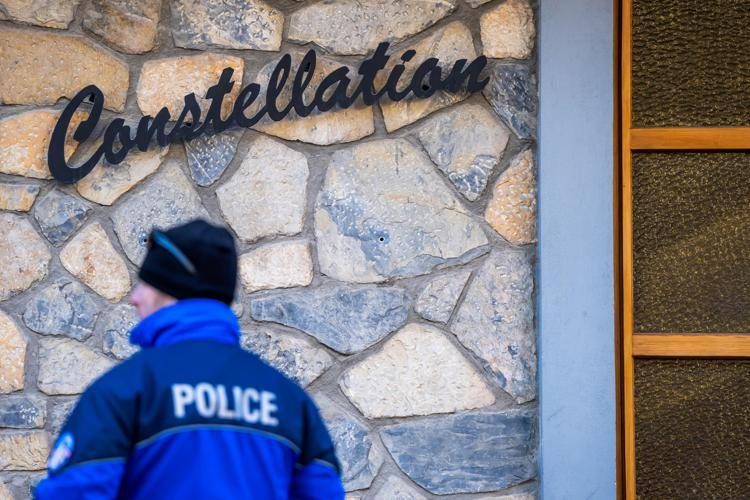
 International-News1 giorno ago
International-News1 giorno agoCrans-Montana bar fire kills at least 37, injures more than 100
-
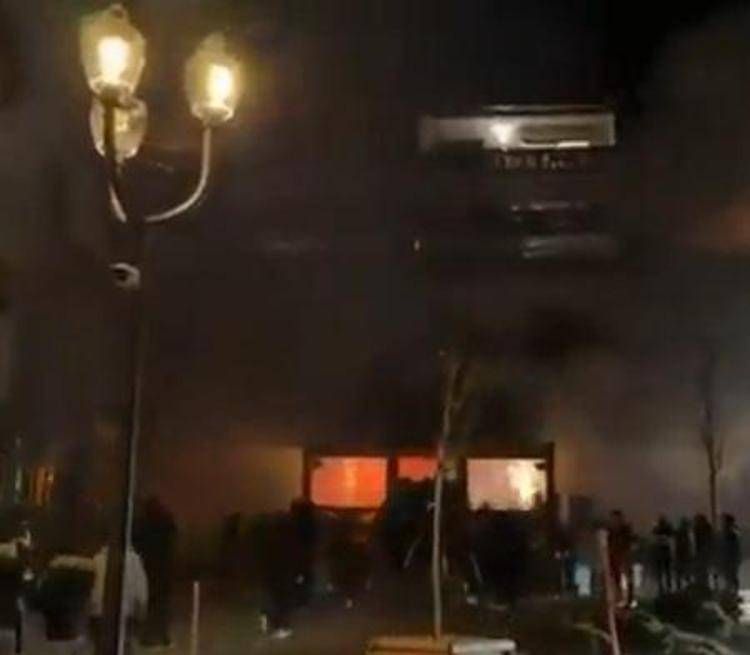
 In Evidenza2 giorni ago
In Evidenza2 giorni agoEsplosione a Crans-Montana: almeno 40 morti durante i festeggiamenti di Capodanno
-

 News2 giorni ago
News2 giorni agoFamiglia del Bosco: oggi l’incontro tra il padre e i tre figli in casa famiglia



